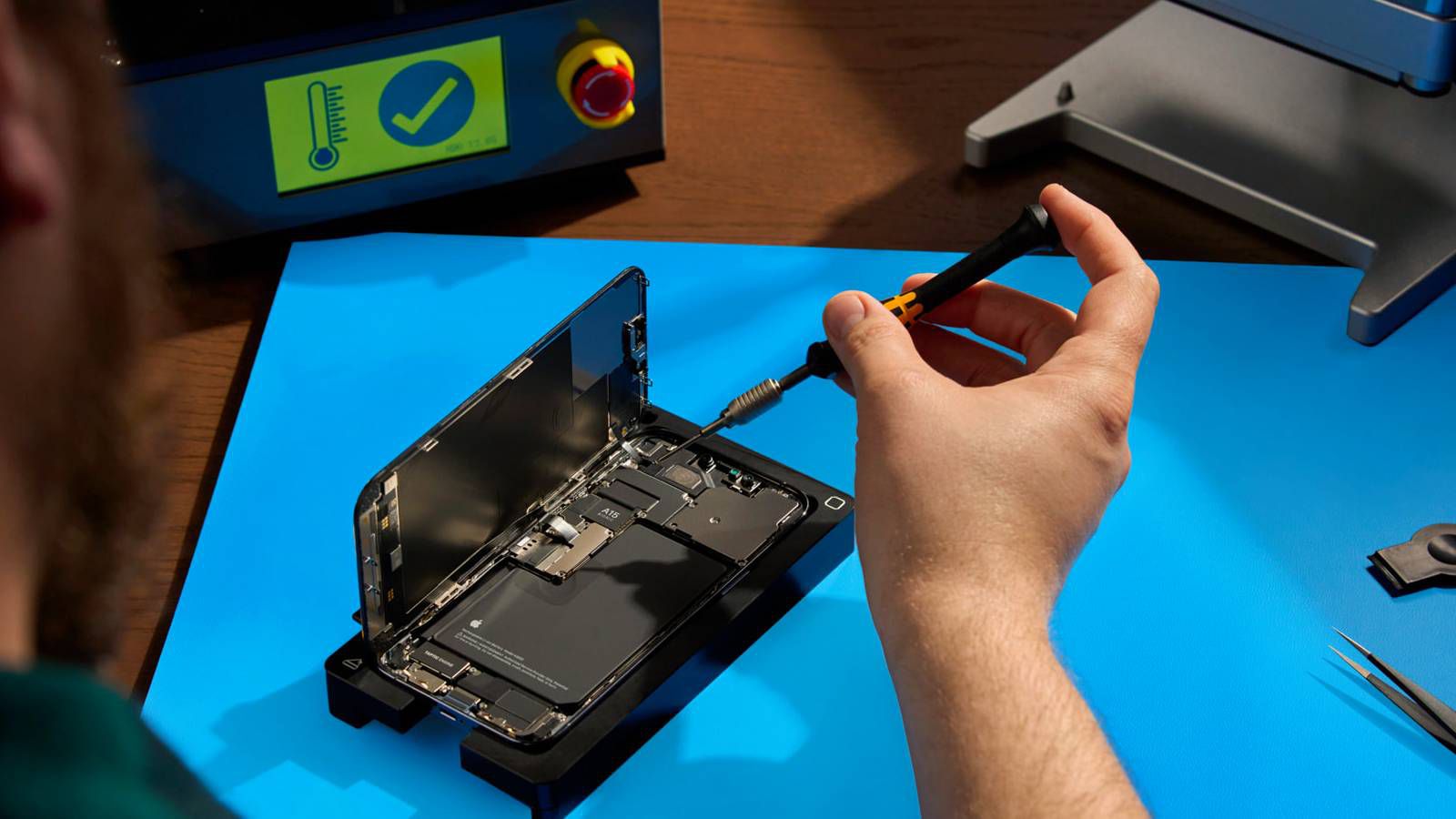More bluster and entitlement from folk who think the world owes them a favour.
Imagine my entitlement when I just want to own the device I purchased, instead of permanently rent it under the false marketing leading me to believe I'm buying it.
I just don't want to crawl to Apple on hands & knees to replace a broken lightning port (which isn't even available under this program). Why is it so wrong I want to take responsibility for something I supposedly own? I'm not expecting to be able to go back to Apple and demand a fix under warranty or any support after. I don't even want them to design the devices to make repair easier or cheaper, just possible.
I'd rather they just end the ruse and refuse to sell devices anymore, only rent them for a monthly/annual fee. Then at least the terms of how this actually works would be clear.



